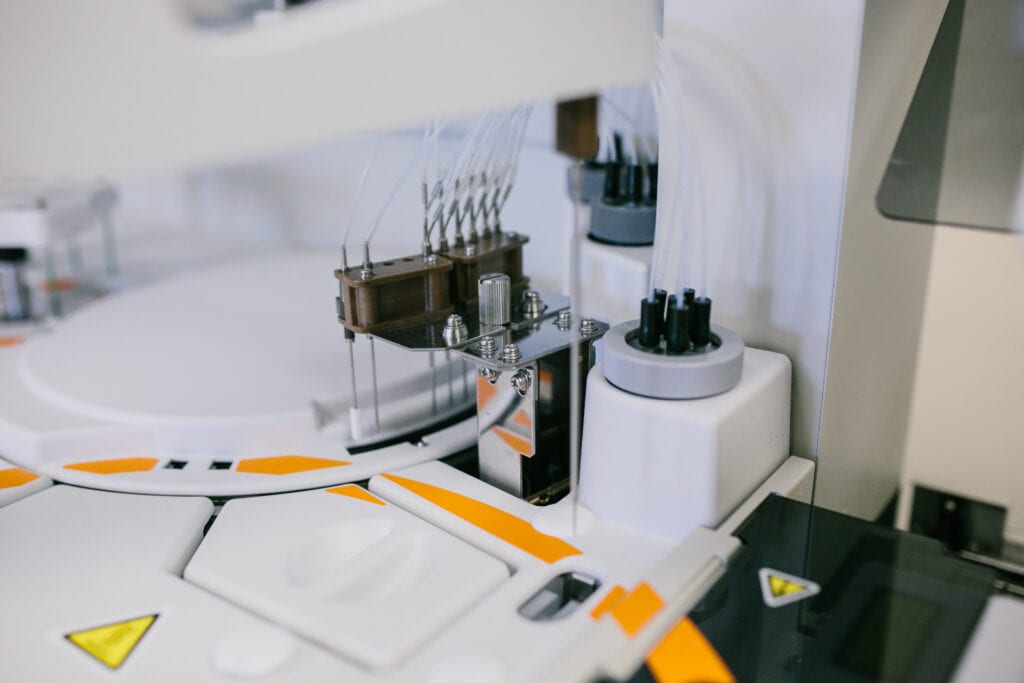Dogs and cats bring joy to our homes, and caring for their needs takes proactive care. Testing facilities for pets play a crucial role in monitoring wellness for our four-legged friends.
This article, we’ll discuss why pet diagnostics are vital and outline essential tests.
Understanding Pet Diagnostic Centers
Diagnostic labs for pets offer diagnostic solutions for evaluating pet health. Vets rely on their findings to develop effective treatments.

Steps in veterinary testing usually includes:
- Collecting pet health data: Tissue or fluid samples are sent to the lab.
- In-depth testing: Modern technology conduct the tests.
- Diagnostic reports: Labs share results with veterinarians for targeted interventions.
Common Veterinary Tests for Dogs and Cats
Diagnostic exams are tailored to pet needs to monitor overall health. Popular tests include:
- Hematology panels: Monitor immune responses.
- Urine testing: Ensure bladder health.
- Digestive system evaluations: Spot signs of infections.
- Allergy testing: Support long-term comfort.
- X-rays and ultrasounds: Spot fractures or injuries.
laboratorio de exames animais
How Testing Supports Pet Health
Consistent lab work helps catch problems early. With timely diagnostics, you can prevent serious conditions.

Why diagnostics matter include:
- Effective treatments: Pets live happier, healthier lives.
- Lower medical expenses: Emergency costs are avoided.
- Trust in their well-being: Regular tests keep you informed.
Conclusion: Veterinary Labs as a Cornerstone of Pet Health
Pet health labs are vital for protecting the health of dogs and cats. Through proactive diagnostics, you give them the care they deserve.
Act now to safeguard your pet’s future and give your furry friends the best care possible!